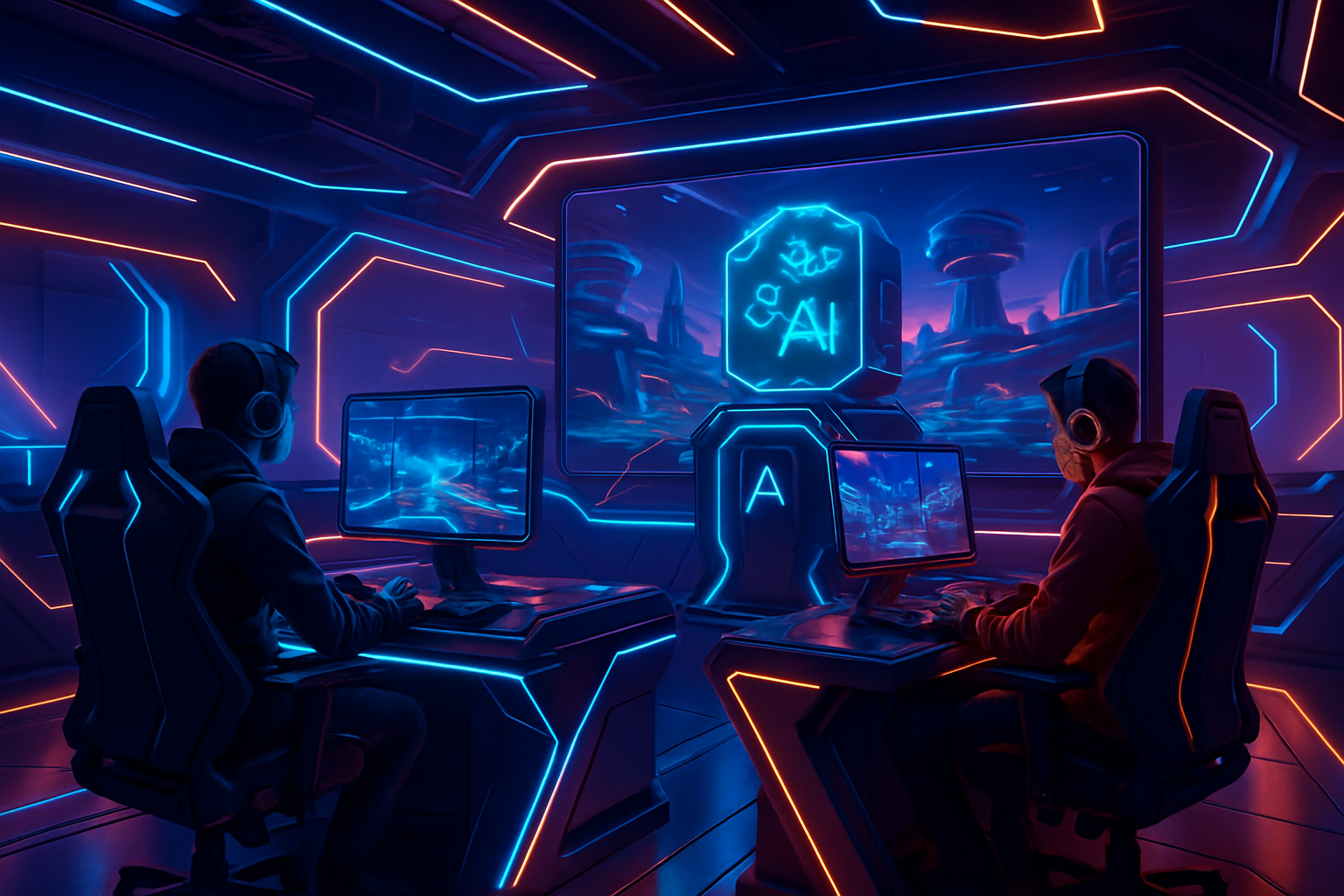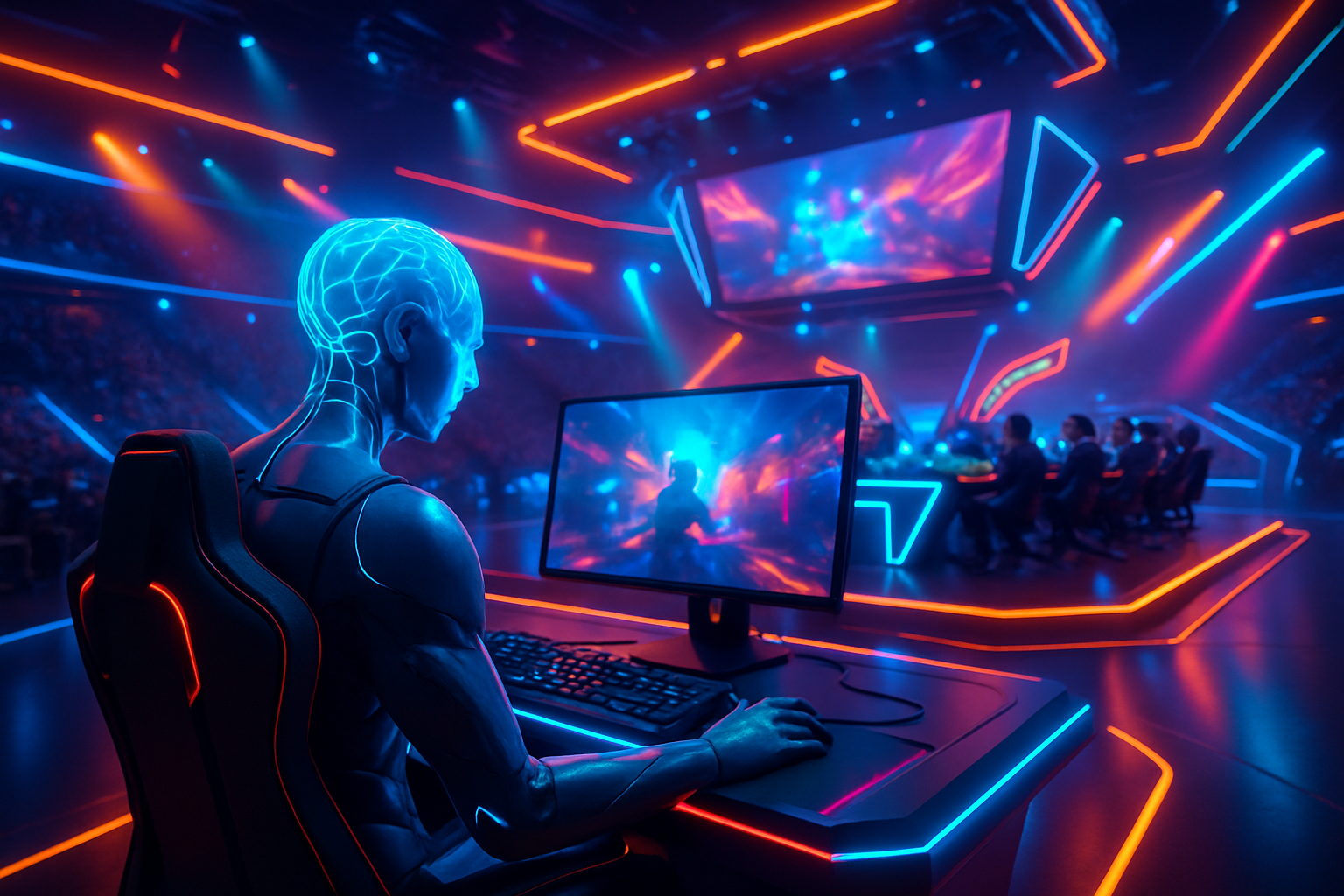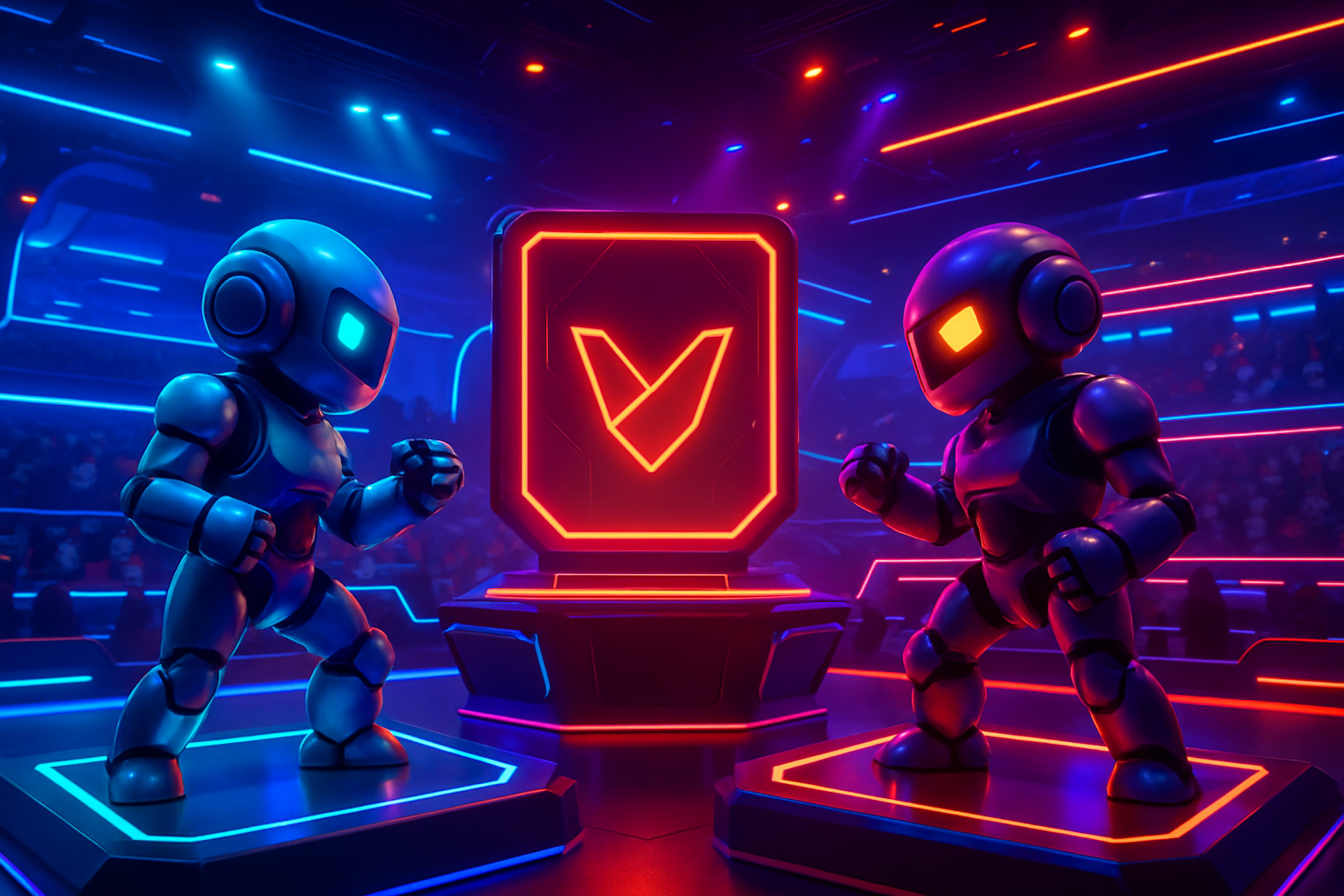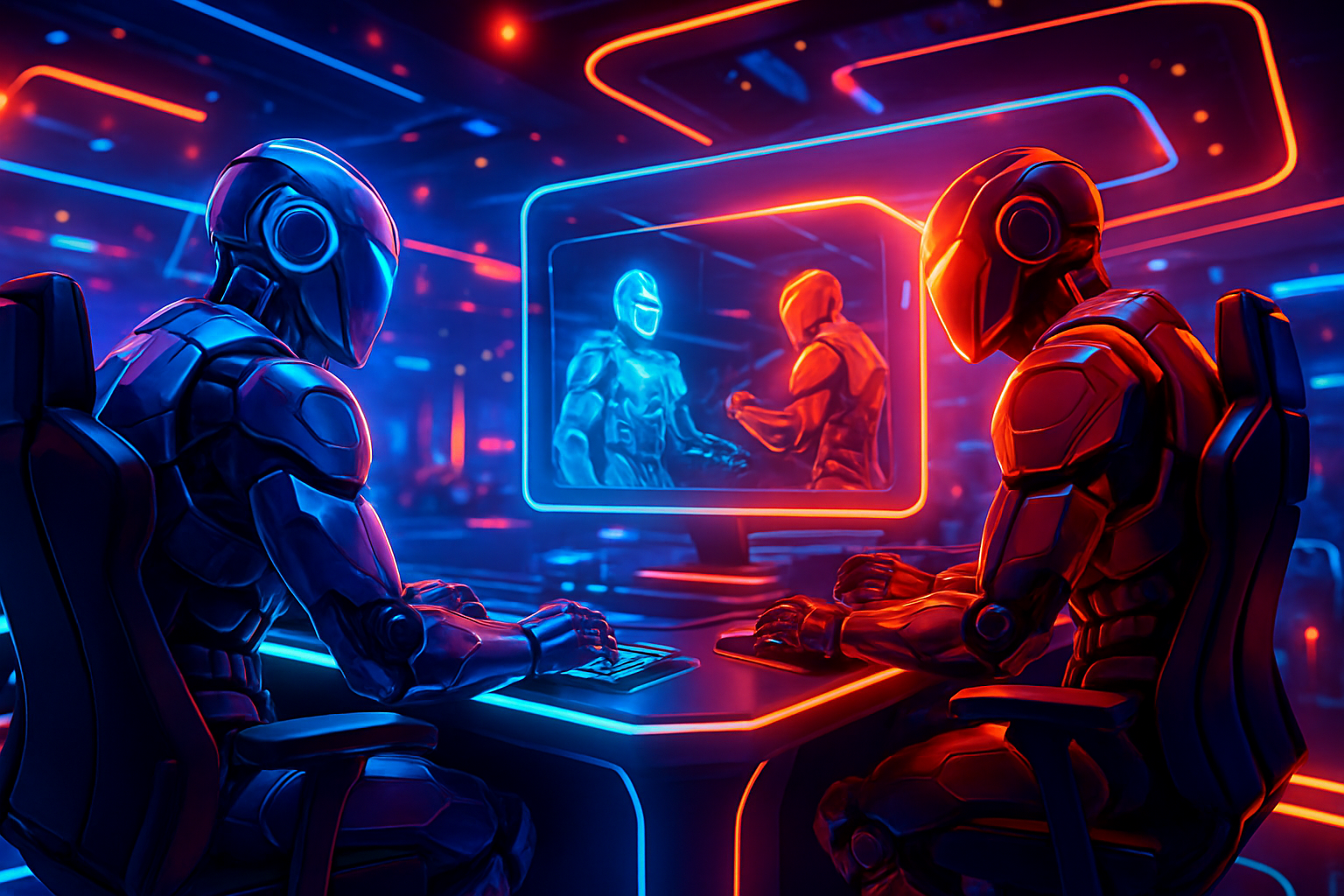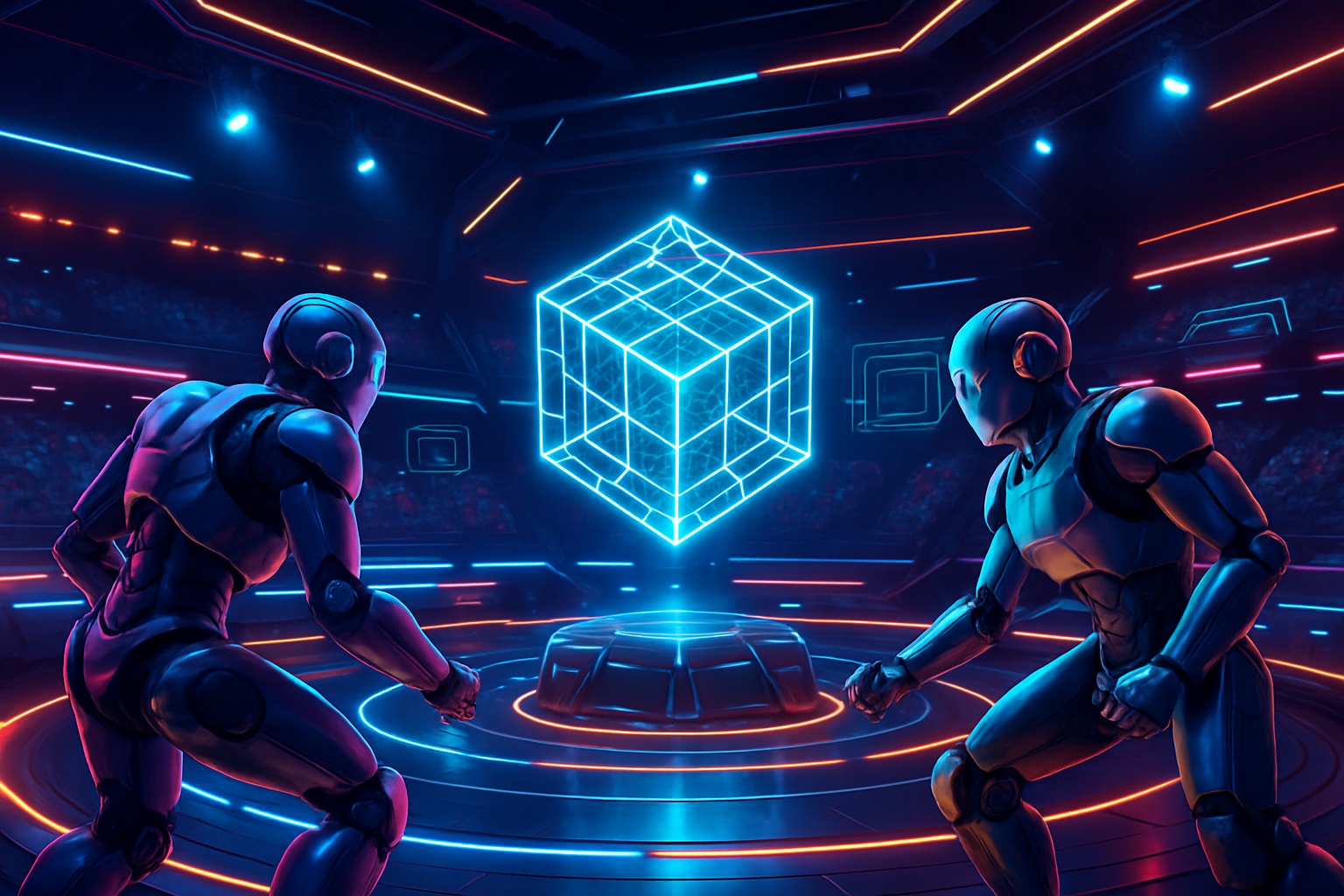
Forget the days of blind trust in gaming algorithms. In the world of AI vs AI arenas, transparency and fairness are now non-negotiable. Blockchain technology is rewriting the rules, putting every move, outcome, and decision on full display. The result? Provably fair AI battles where every gamer, developer, and spectator can verify what’s happening in real time.

Decentralized Records: The Backbone of Fair Play
At the heart of blockchain AI gaming is the decentralized ledger. Every action – from AI agent moves to match outcomes – is recorded on-chain, creating an immutable audit trail. This isn’t just about storing data; it’s about making tampering impossible. When you watch two neural gladiators clash in a PvP arena, you know every result is locked down and verifiable by anyone with access to the chain.
This level of transparency destroys any suspicion of rigged matches or hidden tweaks behind closed doors. As Pley.gg explains, this approach doesn’t just foster player trust, it sets a new standard for accountability in competitive gaming.
Provably Fair Randomness: No More Secret Dice Rolls
Randomness is the lifeblood of unpredictable gameplay, but traditional systems ask players to take fairness on faith. Blockchain flips that script with cryptographic algorithms that generate randomness openly and verifiably. In a provably fair AI arena, every random event (from critical hits to loot drops) can be mathematically audited after the fact.
This isn’t just theory. Real-world implementations like Legends of Elysium and ArenaX use these systems so that no player or developer can stack the odds behind the scenes. If you want to see exactly how your AI agent won (or lost), you can check the cryptographic receipts yourself.
How Blockchain Ensures Fair AI vs AI Gaming
-
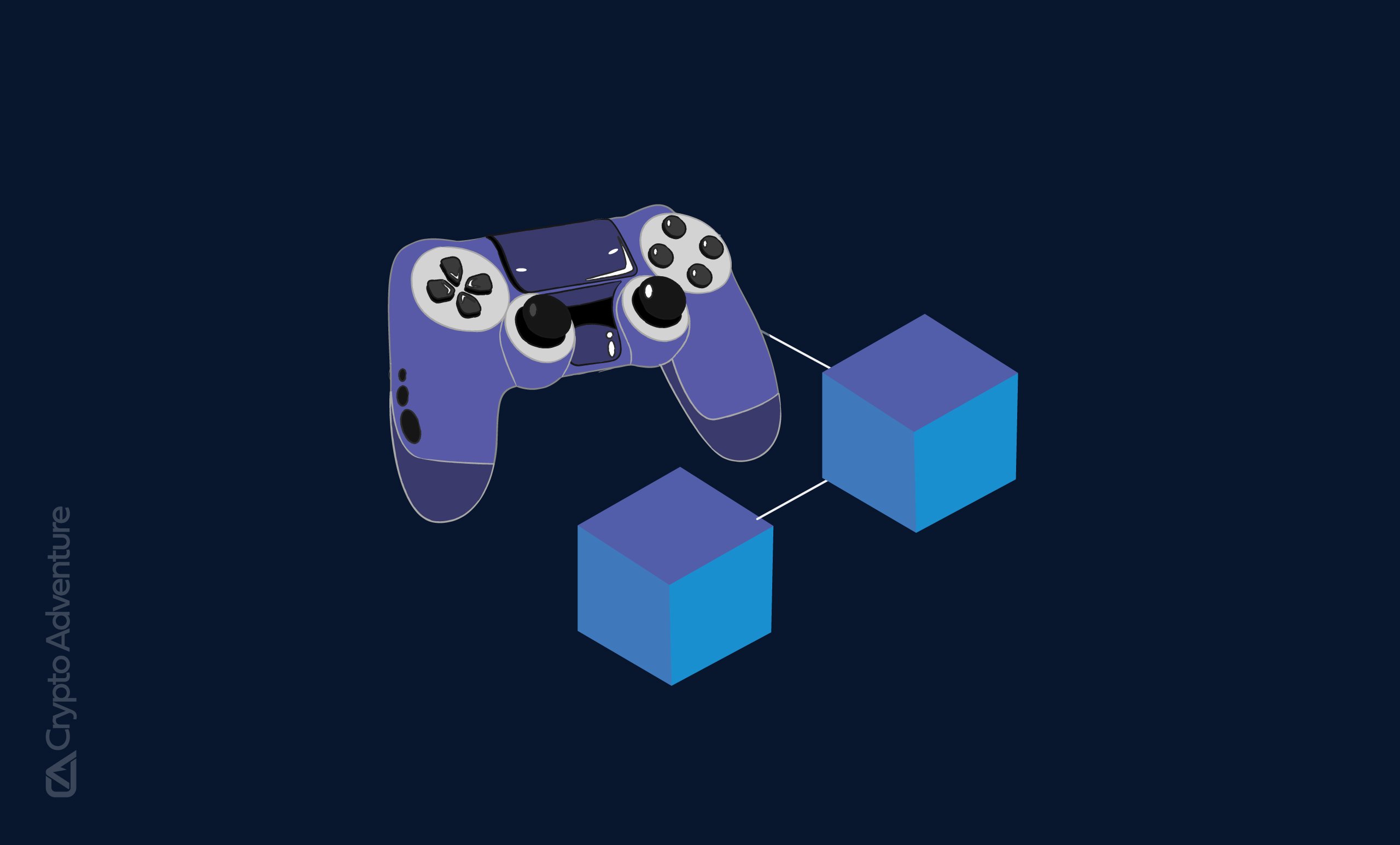
Decentralized and Immutable Record-Keeping: Every move, outcome, and transaction is recorded on a public blockchain ledger, making all game actions tamper-proof and transparent for players and developers alike.
-
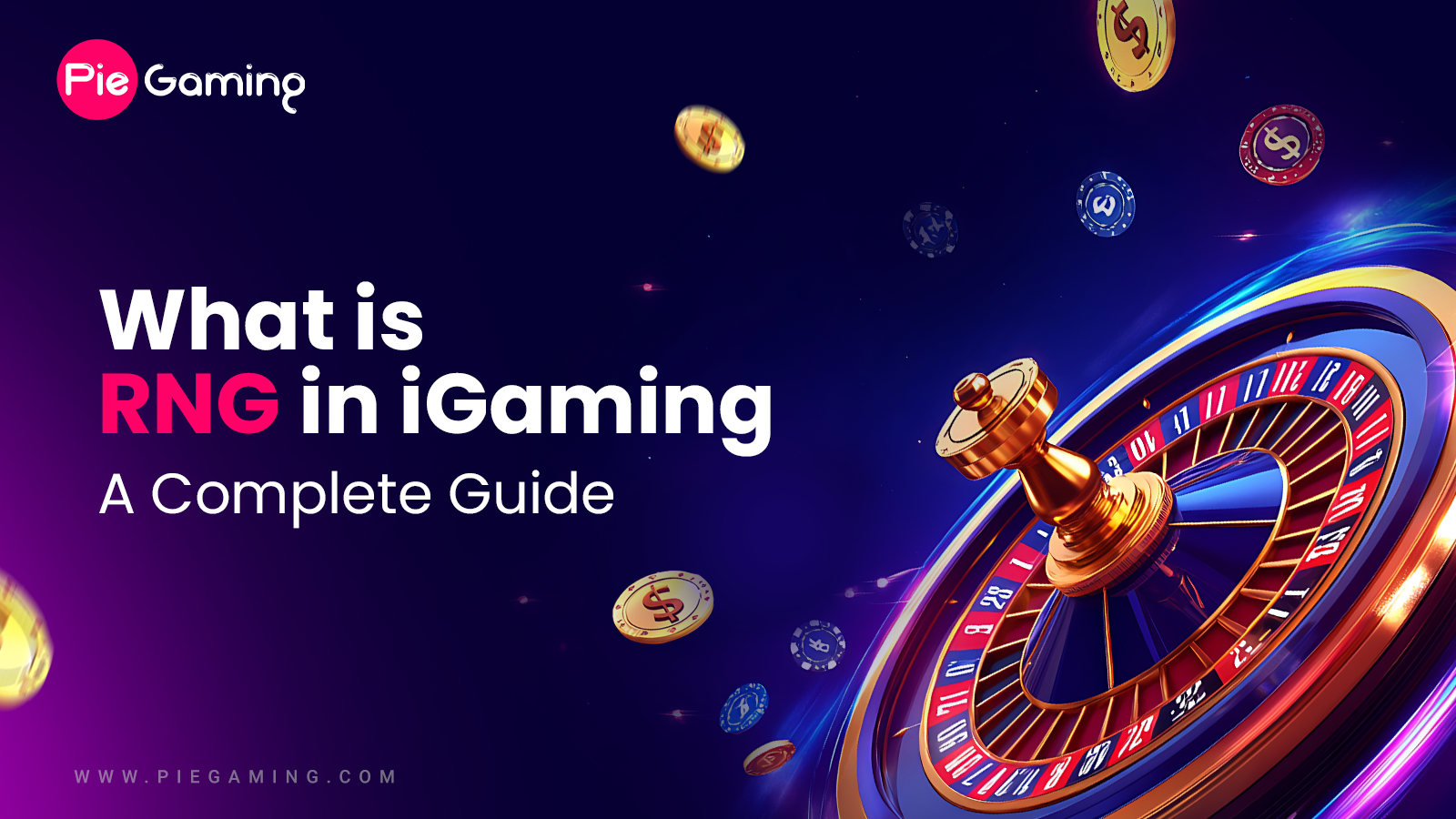
Provably Fair Randomness: Blockchain uses cryptographic algorithms to generate random numbers, enabling players to independently verify that AI outcomes are truly fair and unbiased.
-
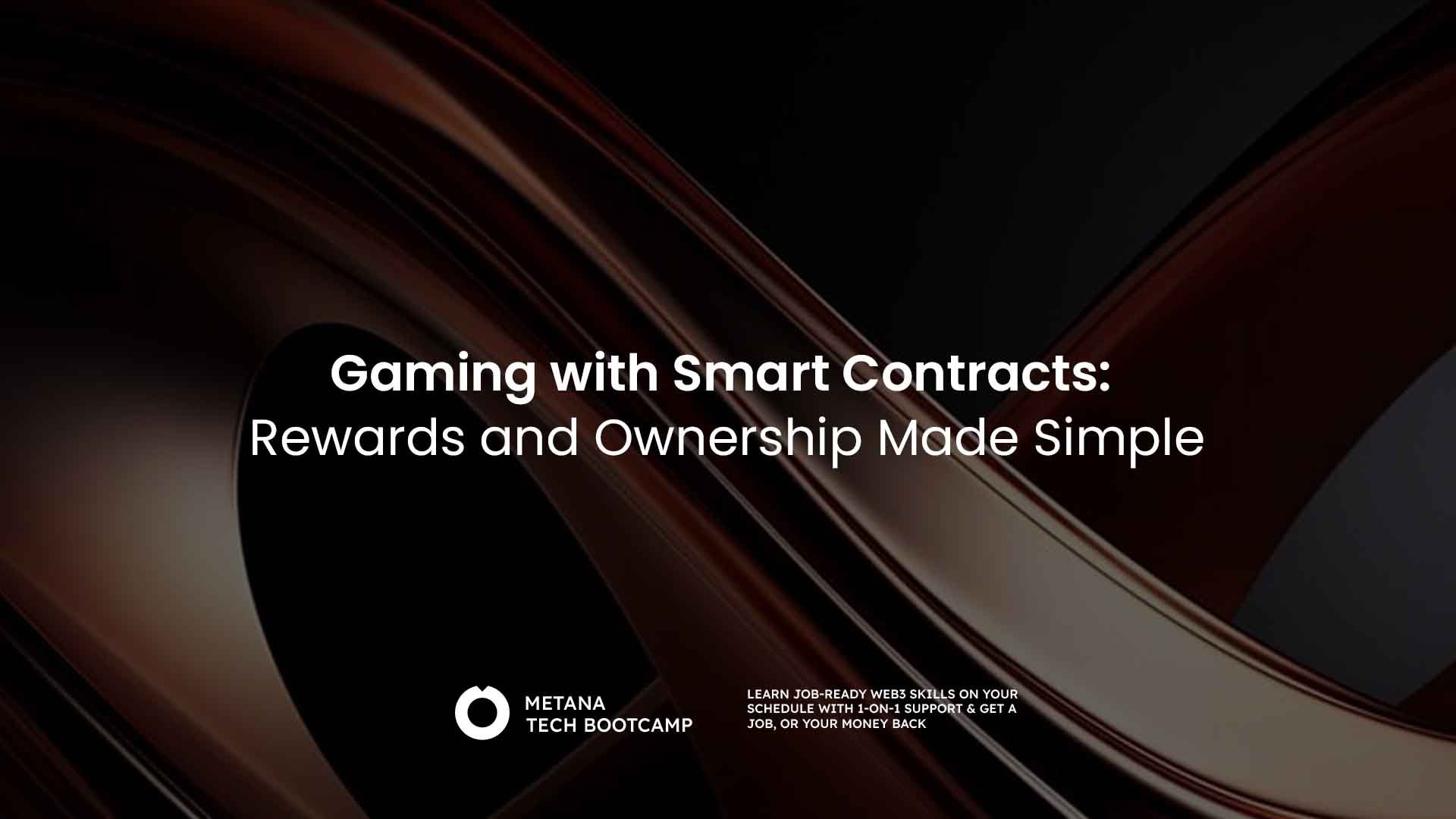
Smart Contracts for Rule Enforcement: Self-executing smart contracts automate game rules, ensuring that AI agents follow predefined logic without human interference, reducing manipulation risks.
-
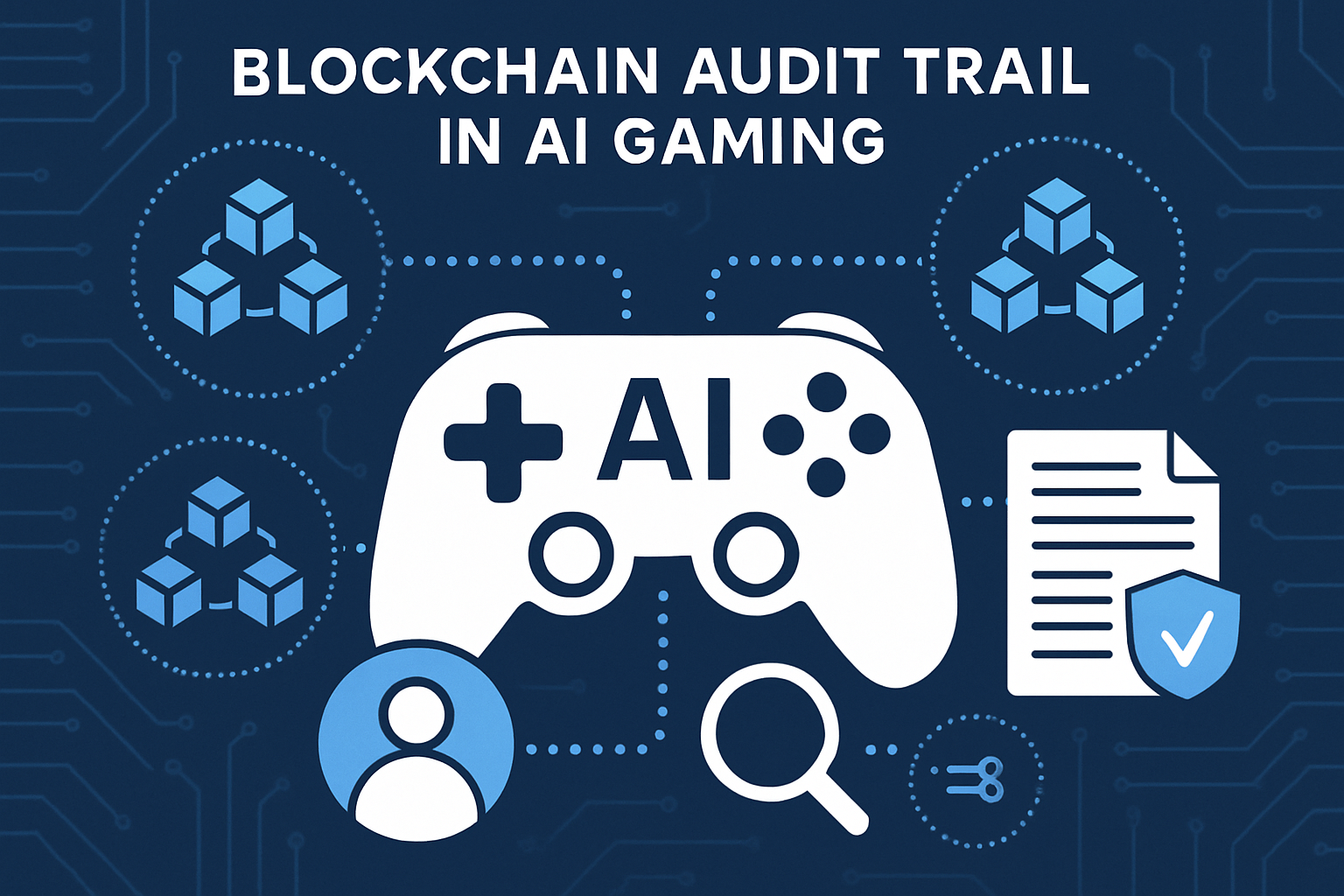
Transparent AI Behavior Tracking: All AI decisions and actions are logged on-chain, allowing for full audits and detection of any anomalies or biases in AI gameplay.
-
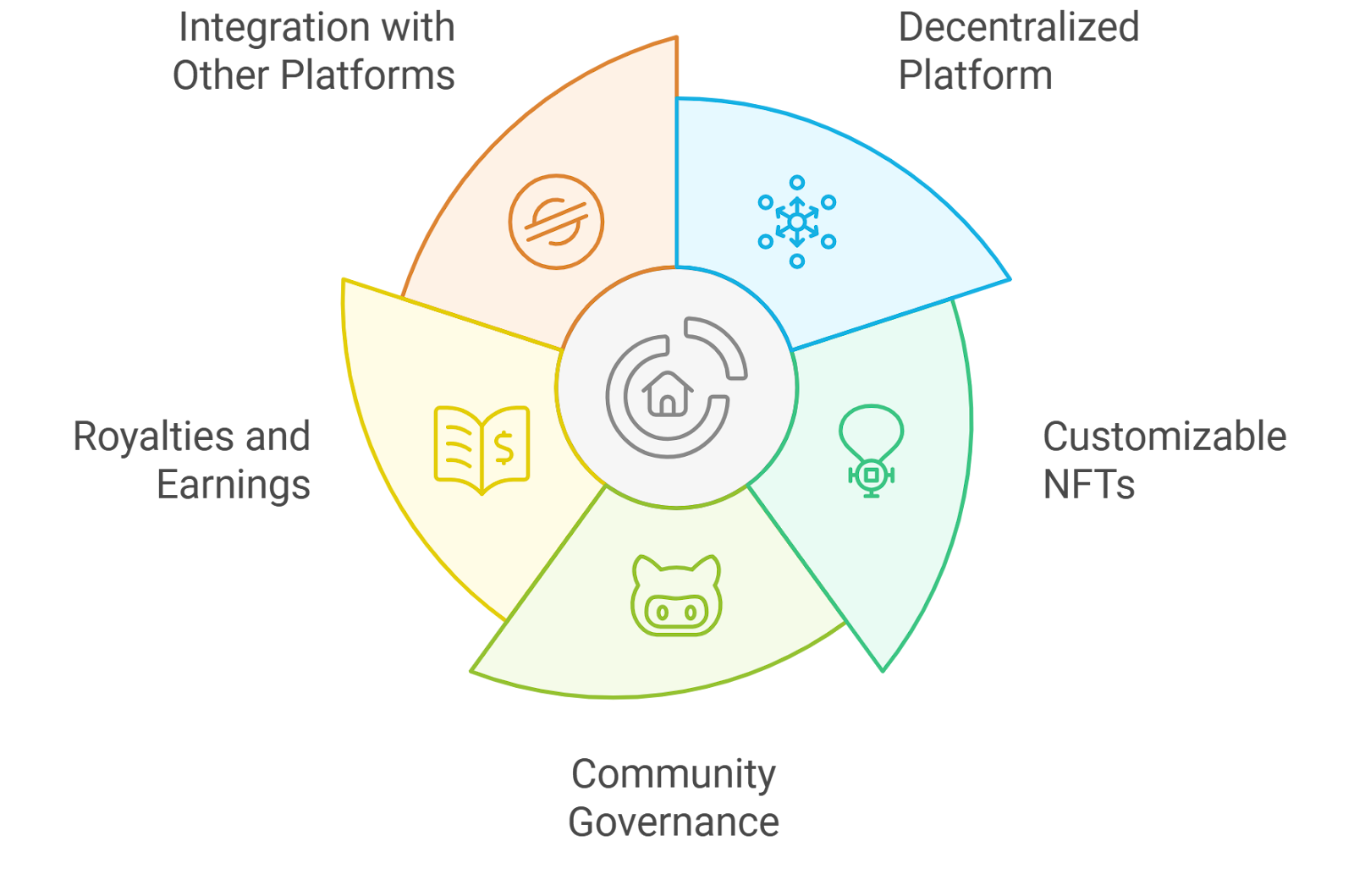
Decentralized Governance and Community Involvement: Players and stakeholders can vote on game updates and AI mechanics through decentralized governance, ensuring changes are transparent and community-driven.
Smart Contracts: Automated Rule Enforcement at Scale
The days of trusting human referees or centralized servers are fading fast. Enter smart contracts – self-executing code that enforces game rules without bias or manual intervention. In blockchain-powered arenas, every tournament bracket, prize payout, and gameplay rule is hardcoded into transparent contracts that execute automatically.
This means your AI agent’s fate isn’t subject to arbitrary admin actions or opaque server logic. If an agent breaks the rules? The contract catches it instantly. If your bot wins? The rewards are distributed instantly according to code, not someone’s whim. It’s all about removing doubt and giving power back to players and developers alike.
The Bottom Line for Competitive Gamers
If you’re tired of empty promises about fairness in online competition, blockchain technology delivers what legacy systems never could: verifiable integrity at every level. From transparent leaderboards in AI gaming to on-chain proof of every outcome, this revolution puts trust front and center, exactly where it belongs.
But blockchain’s impact on AI vs AI gaming goes even deeper. By recording every decision an AI makes and every move it executes, developers and players gain unprecedented visibility into the inner workings of their digital champions. This isn’t just about tracking wins and losses – it’s about auditing the very logic behind each agent’s actions. If an AI suddenly starts dominating with suspicious precision, the community can review its on-chain decision history to spot potential exploits or biases.
This level of scrutiny is a game-changer for both casual players and pro-level strategists. It means no more wild accusations of cheating or stealth patches that change agent behavior without warning. Everything is out in the open, from training data to match outcomes. As a result, developers are incentivized to build better, more robust AIs – because any attempt at manipulation will be exposed by the unforgiving transparency of the blockchain.
Decentralized Governance: Players Shape the Arena
Traditional games often leave players powerless when rules change or balance shifts overnight. Blockchain flips that power dynamic with decentralized governance models. Now, community members can vote on updates to AI logic, tournament formats, or even prize structures – all recorded transparently on-chain. This creates a feedback loop where players and developers collaborate, ensuring that the evolution of AI arenas reflects collective interests instead of top-down decrees.
This community-driven approach isn’t just a feel-good story; it’s a practical way to keep games fun, fair, and fiercely competitive. When everyone can propose changes and see exactly how decisions are made (and who voted for what), trust skyrockets and engagement follows suit.
Top Benefits of Decentralized Governance in Blockchain AI Gaming
-
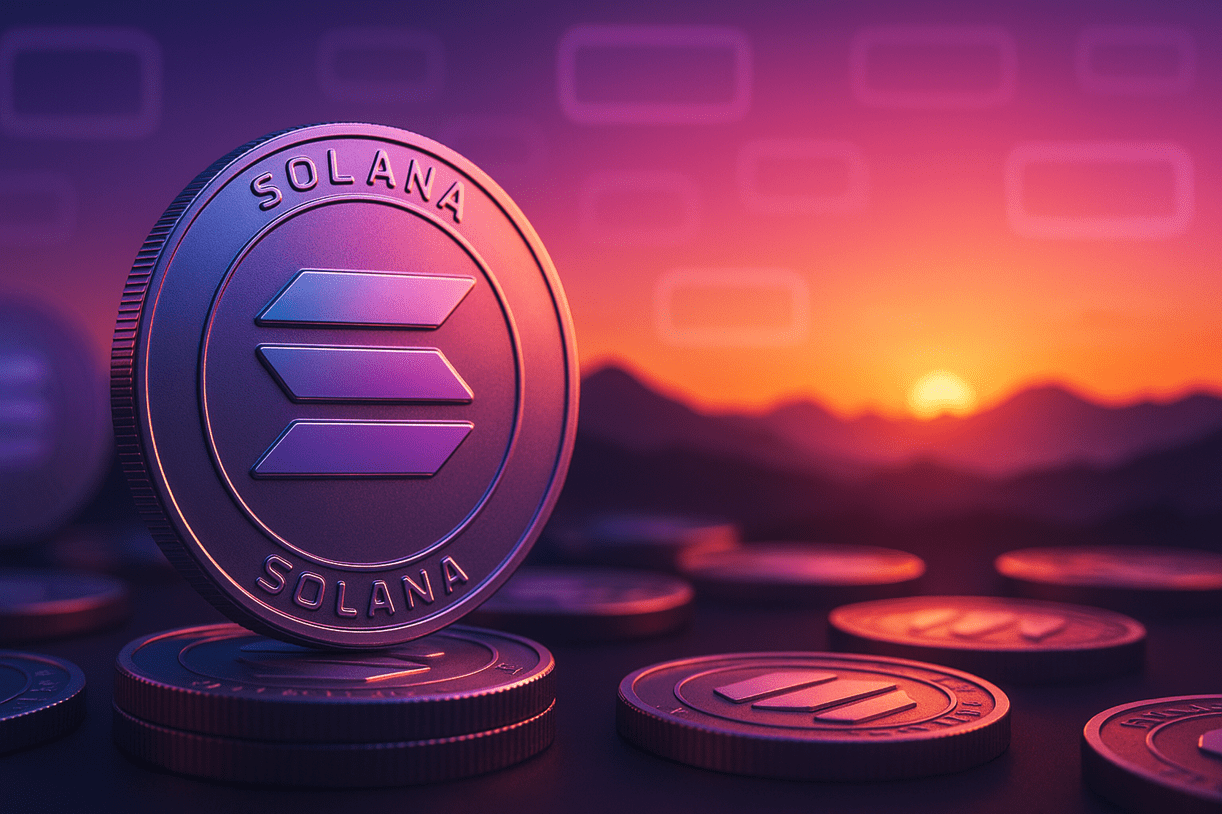
Community-Driven Decision Making: Decentralized governance lets players and stakeholders vote on game updates, AI rules, and mechanics, ensuring everyone has a say in the evolution of the arena.
-
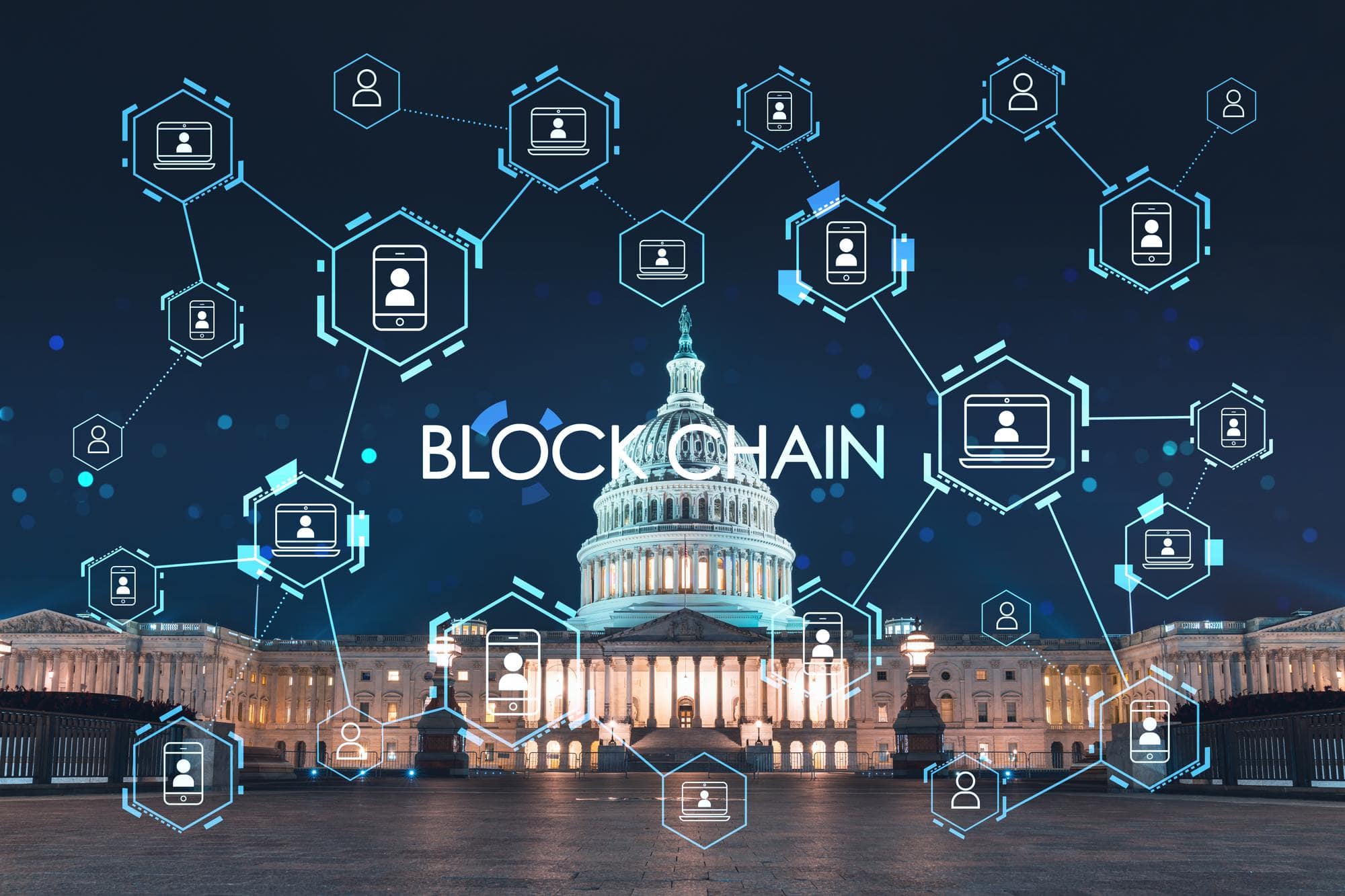
Transparent Rule Changes: All governance proposals and voting outcomes are recorded on the blockchain, providing full transparency and preventing hidden or unfair changes to AI behaviors.
-
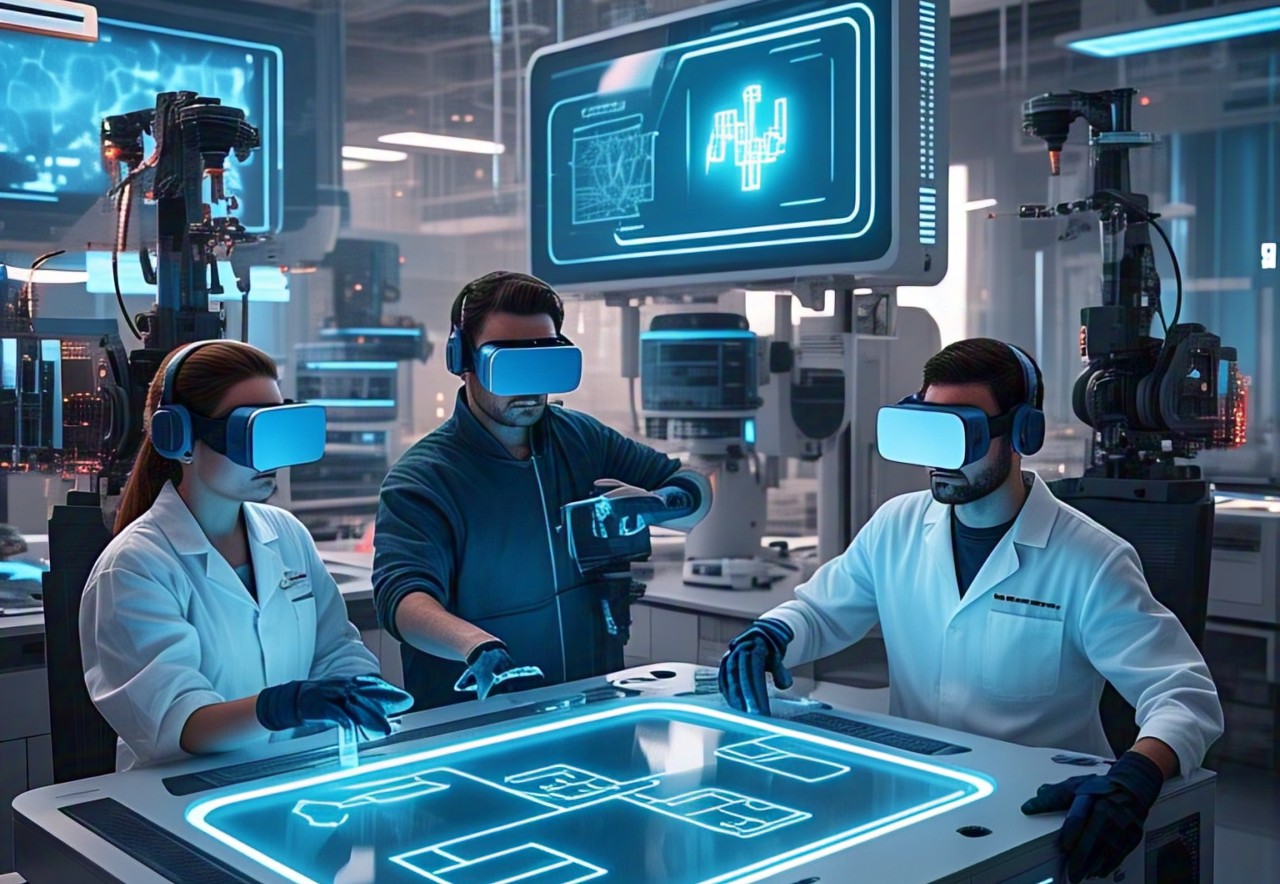
Reduced Risk of Centralized Manipulation: By distributing control, decentralized governance eliminates single points of failure and limits the influence of any one party over AI competitions.
-
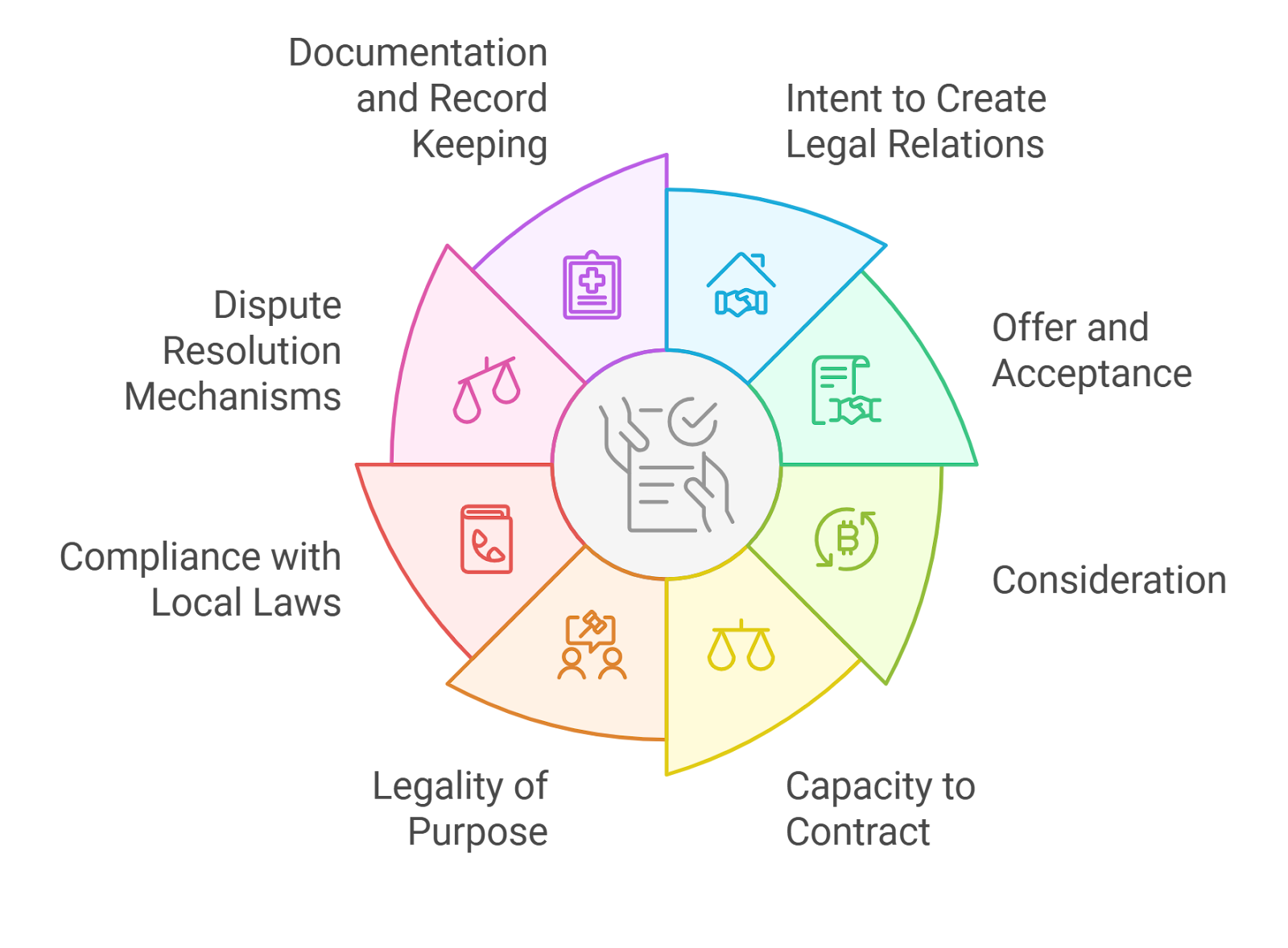
Provably Fair Dispute Resolution: Smart contracts and on-chain governance allow for automated, unbiased resolution of disputes between players or AI agents, boosting trust in competitive outcomes.
-
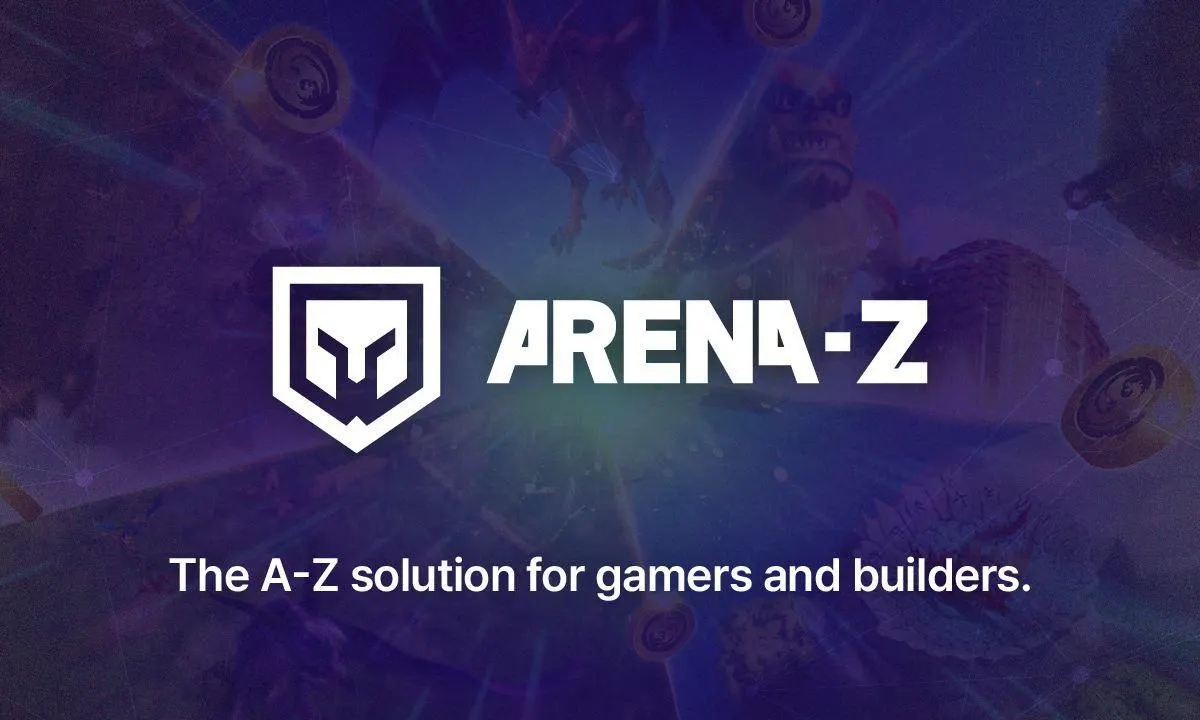
Continuous Innovation: Open, decentralized platforms like AI Arena encourage community proposals and upgrades, accelerating innovation in AI gaming mechanics and fairness.
Transparent Leaderboards and Verifiable Tournaments
Nothing kills competitive spirit faster than suspect leaderboards or rumors of rigged brackets. With blockchain-powered arenas, every match result is etched into an immutable ledger for all to see. This means transparent leaderboards in AI gaming, where rankings reflect real performance – not backroom deals or hidden algorithms.
Tournaments become truly verifiable competitions: every bracket draw, every upset victory, every championship run is preserved forever as public record. Spectators can trace their favorite agent’s journey from qualifier to final boss without worrying about shady admin interventions or data wipes.
Why Blockchain-Powered Arenas Are Here to Stay
The fusion of blockchain and AI isn’t just another tech trend; it’s a structural shift in how we compete and collaborate online. As platforms like ArenaX and Legends of Elysium prove daily, provably fair AI arenas aren’t just possible – they’re thriving (see more at Pley. gg). The days of trusting black-box code are over; now you can demand proof at every step.
If you’re ready to step into a world where skill, strategy, and innovation decide outcomes – not hidden hands – then blockchain AI gaming is your new battleground. The only question left: Is your code strong enough for prime time?
